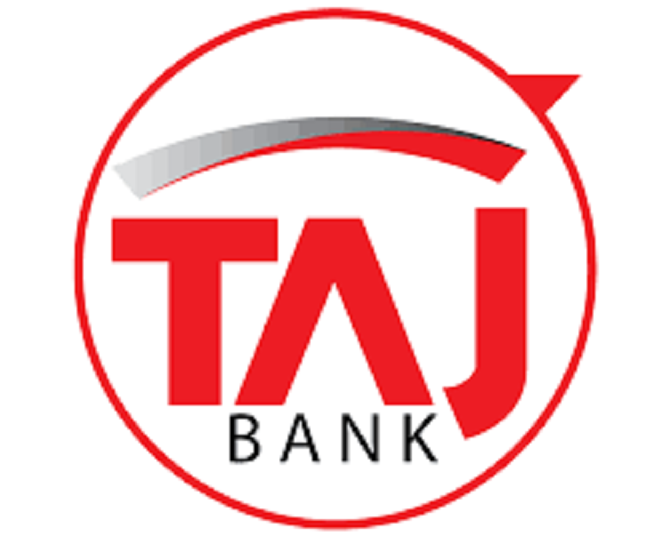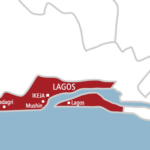Global halal market is now estimated to worth over $2.3 trillion and still growing at an annual rate of 20 per cent, the Managing Director of Abuja Enterprise Agency, AEA, Muhammad Tukur Arabi, has said.
This was even as the management of TAJ Bank led by the Founder/Chief Operating Officer, Hamid Joda and the Managing Director, Norfadelizan AbdulRahman, vowed to continue creating awareness among Nigerians on the establishment of halal industry to further attract foreign investments, create jobs and reduce poverty in the country.
- NERC Suspends Electricity Tariff Hike For 14 Days
- Consumers, Hoteliers Reject Electricity, Petrol Price Hike
They spoke yesterday at the opening ceremony of virtual World Halal Expo 2020, organised by MyEvents International in collaboration with the TAJ Bank, ICICE and MIMOIN in Abuja.
In his presentation titled “Future of Halal Market: Nigeria as Halal Gateway to Africa” at the event, Arabi, explained that “the critical sectors of the halal market are 61 per cent food, 26 per cent pharmaceuticals and 11 per cent cosmetics, among others.”
The managing director, who was represented by the Assistant General Manager of AEA, Alhaji Shehu Abdulkadir, maintained that potentials for the halal market were huge, explaining that “the halal market is not a set of Islamic rules about meat consumption but an industry that spans several sectors that includes food, cosmetics, healthcare, finance, travel, tours etc.
Why halal industry is not popular in Nigeria
Arabi observed that the challenge of the sector include inadequate awareness on the halal industry, few halal certification bodies, and poor synergy between the public and the private sector, among others.
He added that the absence of a government backed regulatory authority, has made the halal industry in Nigeria failed to gain recognition, thus hindering the growth both locally and
internationally.
He said that Nigeria could take its places as a gateway for the halal industry in Africa through “better coordination between the government and private sector in creating a favourable environment for the sector to flourish, creating awareness on its potentials, and establishing more halal certification bodies to facilitate additional companies to be certified.
The managing director noted that the halal industry has the capacity to attract foreign investment, create jobs, reduce poverty and generate wealth, stressing that this will go a long way in addressing many economic challenges facing the country.
Other panelists from Malaysia, Indonesia, Japan, Poland and Spain, highlighted several opportunities of the halal industry, noting that its markets are increasing across the world, especially in non-Muslim countries where most of the products are being patronised.

 Join Daily Trust WhatsApp Community For Quick Access To News and Happenings Around You.
Join Daily Trust WhatsApp Community For Quick Access To News and Happenings Around You.

